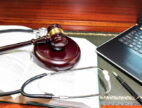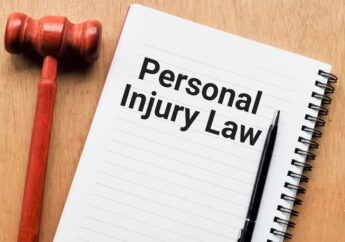What Are The Right Actions To Take After Facing A Car Accident?
by Arnab Dey Legal Published on: 10 November 2022 Last Updated on: 04 March 2025
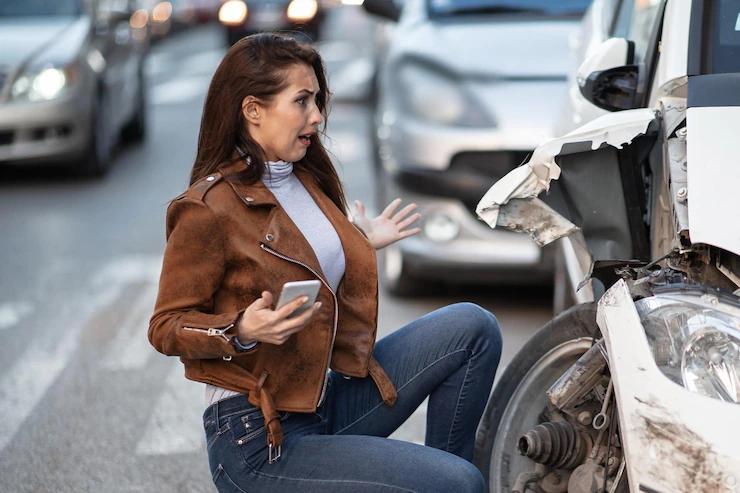
You can never really be prepared for car accidents since they happen when you least expect them. You can imagine how you would respond, but even if you prepare for it and have a backup plan, it still comes down to how quickly you can react in the present.
The only thing you can do to reduce your chances of getting into one is to take driving seriously, drive safely, and treat it like a responsibility. There is a process that needs to be followed if you are nevertheless involved in a car accident.
You should first think about hiring a Manchester car accident lawyer to represent you in your case. We don’t advise taking action on your own and defending yourself against the allegations of other accident participants. Not only can hiring the correct lawyer help you receive recompense but he or she will also serve as your negotiator and advocate.
If someone else was responsible for the accident that wounded you, you will also need a personal injury attorney who is knowledgeable about reputable hospitals. They will guarantee you receive the best and most appropriate medical care.
How To Proceed Following A Car Accident
The severe code of ethics that must be followed after an accident is something that many people engaged in traffic accidents overlook. No matter who is at fault or who is the victim, everyone must take the following actions in order for the situation to be resolved as fast and effectively as possible.
Nobody needs extended cases, which are the result of failing to act appropriately in the moments immediately following the accident. Therefore, if you are ever in a car accident, keep the following points in mind.
1. Never run away from the Accident Scene
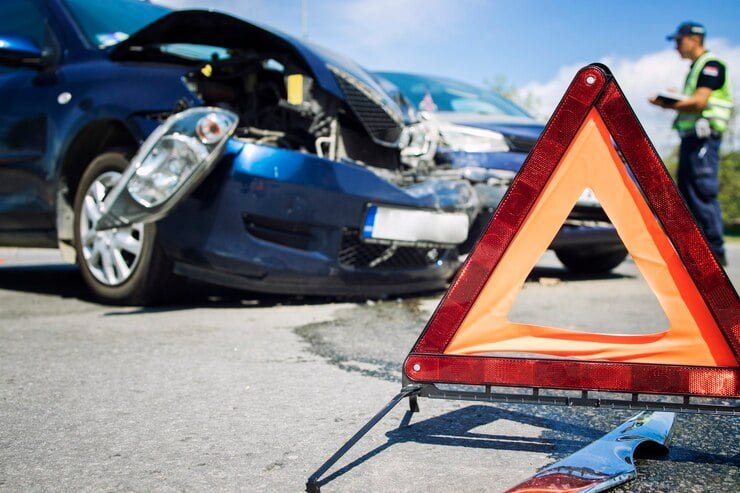
No matter how trivial or terrible an accident appears to be, you should never leave the site. In an instant, leaving turns into fleeing the scene, which is against the Road Traffic Act. Make sure to turn off the engine and turn on your warning lights to alert other drivers of the collision.
Bring a flashlight with you if the lights are out and it is getting dark so you can stay safe while you wait for the police. Mark a safe distance behind your vehicle so that oncoming traffic is aware of the collision and no additional hazard exists.
2. Speak with the Police
Even if the injuries are slight, it is still wise to call the police. Calling 911 as soon as you can is advised since you will need one when submitting a claim with your insurance company and will need a police report.
The automobiles involved in the collision shouldn’t be relocated if there is no traffic obstruction. Make sure you and your passengers are secure and unharmed. If you are in the middle of the road and putting other drivers at risk, you can either pull over to the side of the road or mark the area and divert traffic.
Immediately seek medical attention if you have been hurt. Avoid moving and wait for help even if the injuries are serious. Check on the other occupants in your car and the other vehicles if you are not too hurt to move. Call 911 or ask a bystander to call for help if anyone is hurt.
3. Make a Note
It is crucial to keep a journal of the circumstances leading up to the accident. When arguing your case in court, this will be helpful to your personal injury attorney. Additionally, since your memory is still fresh, you may remember everything right away. Consider the weather, the events leading up to the collision, and the actions of the other cars on the road.
4. Snapshot Everything
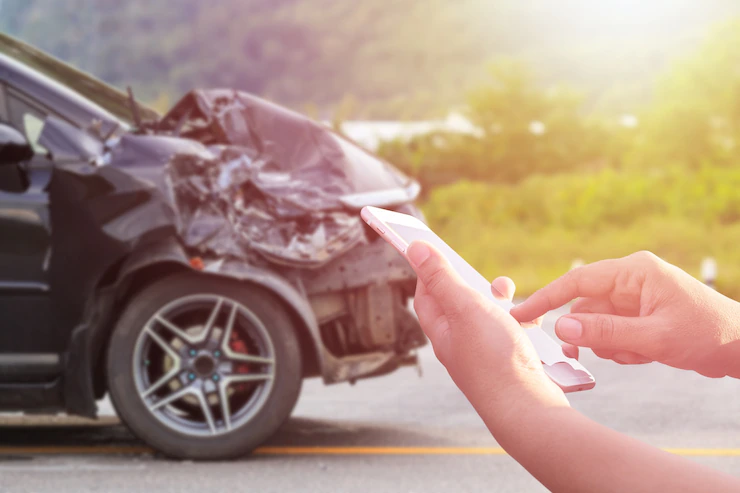
If there is obvious damage to the automobiles, take pictures of them. You can also take pictures of any visible wounds. In case the other vehicle tries to run, don’t forget to take pictures of the license plates.
It is not advisable to interfere with a police investigation that is already underway. Take pictures as soon as you can after the crash or before the police show up if you are unable to do so at the crash scene.
5. Get Required Information
Obtain the contact details of the other drivers, including their home addresses, insurance provider information, license plate numbers, and email addresses. This information is highly important since it will aid you in submitting a claim and collaborating with your attorney on the case. Additionally, make a note of any witnesses’ contact information so that your attorney can later use them to support your case.
6. Write a Report Regarding the Mishap
As soon as you can, let the insurance company know. Verify the insurance plan’s coverage for medical expenses. Numerous regulations demand early reporting and total collaboration. As soon as you are able to leave the accident scene after receiving medical clearance for your injuries, you should do this.
7. Get Medical Attention
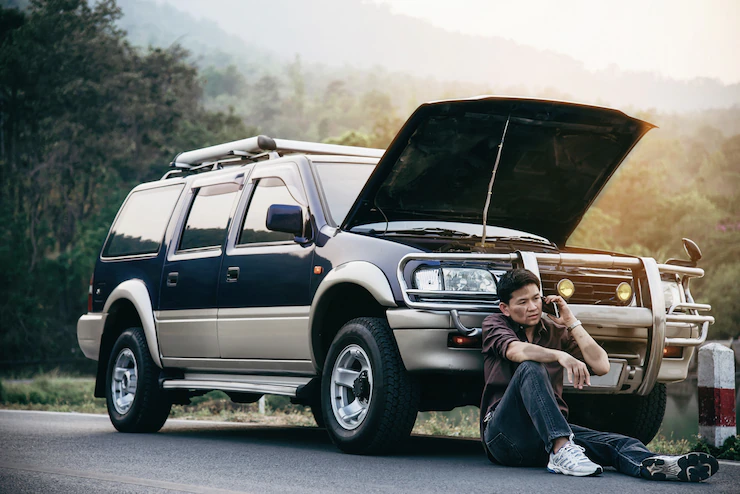
Even if you feel well after a car accident, make sure you get quick medical attention. Patients can discover their accident-related injuries days after the fact. To be on the safe side, visit a doctor as soon as you can. To make a case, you will still require your medical report. If the medical report is available to back up your allegations, your attorney’s task will be simpler.
8. Defend Your Rights
Following an automobile collision, bewilderment is common. You can be in a desperate situation where you don’t know who to trust or to whom to turn. Your best option might be to contact a personal injury attorney for assistance.
They will see to it that you receive the greatest medical care possible as well as full reimbursement. Personal injury attorneys are paid on a contingency basis, so there is no cost unless they are successful in getting you compensation for your injuries.
Read Also:


























































































